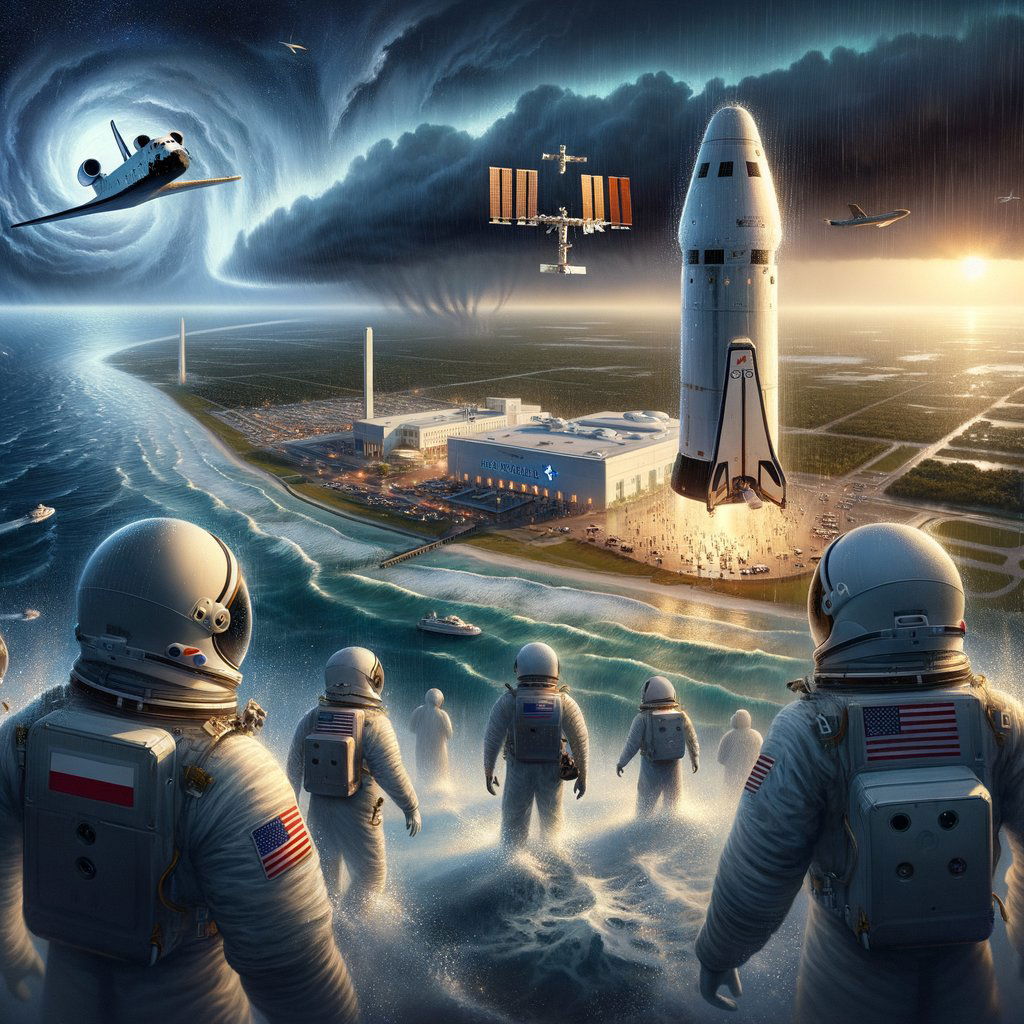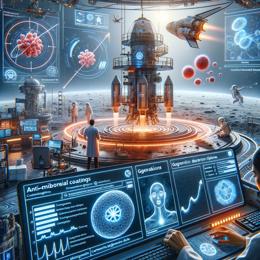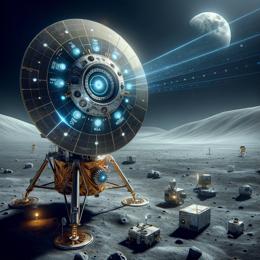Image created by AI
NASA Astronaut Hospitalized Following Return from Extended ISS Mission
A NASA astronaut's return from an almost eight-month mission aboard the International Space Station (ISS) culminated in a hospital visit due to an unspecified medical issue, NASA reported on Friday. The astronaut, who remains unidentified for privacy reasons, is currently in stable condition at a hospital in Pensacola, Florida. This precautionary measure follows the crew's landing in a SpaceX capsule, which touched down softly in the Gulf of Mexico off the coast of Florida just before dawn.
The mission was initially planned to last approximately six months but faced multiple extensions. Technical complications involving Boeing’s new Starliner crew capsule, which was scheduled to provide a ride back to Earth but returned unmanned due to safety concerns, first delayed their homecoming. Their situation was further complicated by the interference of Hurricane Milton and subsequent weather challenges including high wind and rough seas, resulting in a total delay of two months.
Alongside the hospitalized astronaut, the mission included three other space travelers: Americans Matthew Dominick, Michael Barratt, Jeanette Epps, and Russia's Alexander Grebenkin. Upon splashdown, they underwent routine medical checks on SpaceX's recovery vessel before being transferred ashore. Barratt, who served as a seasoned space veteran on this mission, extended gratitude to the support teams on Earth, acknowledging the significant adjustments required as their mission parameters shifted unexpectedly.
With the safe return and disembarkation of the four astronauts, the remainder were cleared and returned to Johnson Space Center in Houston, Texas. As members of the ISS crew readjust to Earth's gravity, recovery times can vary from mere days to weeks depending on the duration of their weightlessness during the mission.
Filling the void left by the extended ISS crew are their replacements, Starliner test pilots Butch Wilmore and Suni Williams, who have adjusted from an originally planned eight-day mission to a stay of eight months, demonstrating the flexible and resilient nature of space operations. Along with two astronauts recently launched by SpaceX, these individuals will maintain the space station’s operations until their planned return in February.
The ISS is currently staffed by its regular complement of seven crew members – four Americans and three Russians – after several months of having additional occupants due to the described extensions and delays. This cycle of arrivals and departures is typical of the space station's operations, ensuring a continuous human presence in orbit since November 2000.










